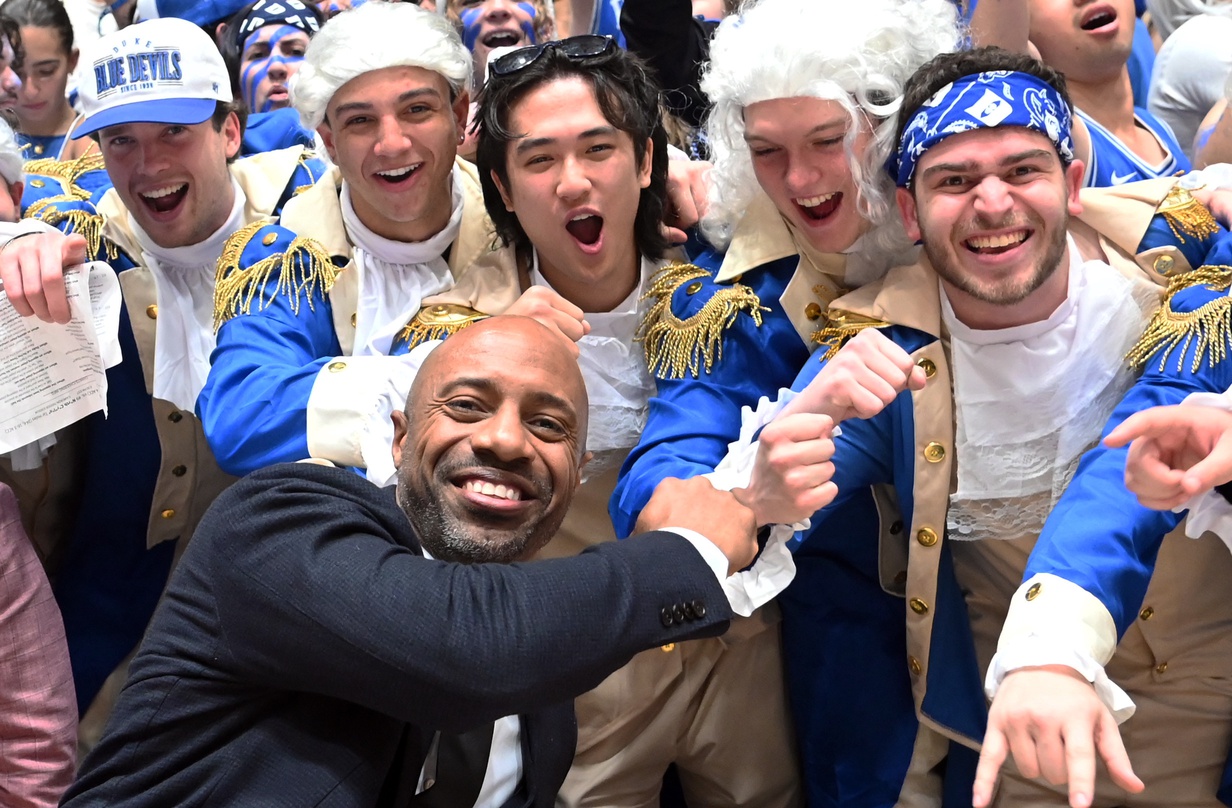Jay Williams was once the face of college basketball. He established himself as a top point guard for the Duke Blue Devils by demonstrating great leadership, exceptional scoring capability, and playmaking talents.
However, on June 19, 2003, everything changed. The horrifying motorcycle accident forced him to retire from professional basketball, completely altering the direction of his life.

The Rise of Jay Williams
Williams was a standout at Duke from 1999 to 2002, playing under legendary coach Mike Krzyzewski. Through outstanding play, he became a leader for a Blue Devils team that won the 2001 NCAA Championship.
During his junior year, Williams earned the title of Best Collegiate Player by averaging 21.3 points and 5.3 assists per game.
He was selected as the second overall pick in the 2002 NBA Draft. He put on a strong performance in his rookie season while navigating the challenges of adapting to professional standards. Nonetheless, he was viewed as a cornerstone for the Bulls’ rebuild.
The Tragic Accident
Less than a year after completing his first NBA season, Williams’ life took a devastating turn. On June 19, 2003, he crashed his Yamaha R6 motorcycle into a light pole in Chicago. He suffered multiple severe injuries, including a damaged main nerve in his leg, torn knee ligaments, and a pelvic bone fracture.
Doctors doubted both his ability to walk normally and his chances of returning to basketball. The accident was a career-ending event, leaving Williams and basketball fans heartbroken. The Bulls, forced to move on, later waived him under a contract clause that prohibited risky activities such as motorcycle riding.
Williams’ Life Beyond Basketball
Williams’ recovery was exhausting. After multiple surgical procedures and extensive rehabilitation, he was unable to play professionally in the NBA. However, rather than dwell on what was lost, he gradually built a new identity outside of basketball.
Transitioning to a career in sports media, Williams earned recognition as a knowledgeable basketball analyst with ESPN. His insights as a formal professional athlete made his commentary resonate with viewers.
The media star also published his memoir, “Life Is Not an Accident: A Memoir of Reinvention,” which detailed his journey through basketball fame and personal redemption. The book served as an inspiration for those facing life-altering setbacks.
Legacy and Lessons Learned
Williams’ story is one of both caution and perseverance. Since then, NBA teams have placed even greater emphasis on ensuring players avoid hazardous extracurricular pursuits.
Through his continued leadership in the basketball world, Williams mentors young athletes on responsible decision-making.
KEEP READING: Who Had the Greatest NCAA Tournament Run in College Basketball History?
Williams’ journey since the accident demonstrates both his ability to overcome obstacles and his growth as a person, finding purpose beyond basketball.
Don’t miss a moment of March Madness! Download your 2025 NCAA Tournament printable bracket and stay on top of every game, matchup, and Cinderella story. Get yours now!


